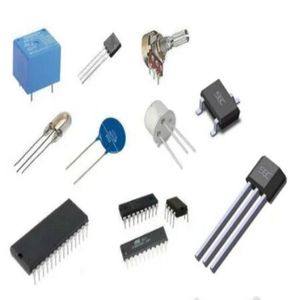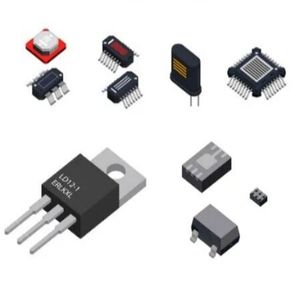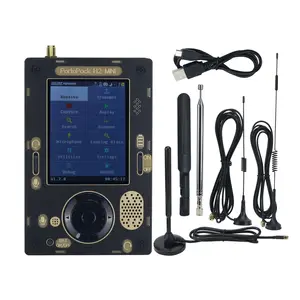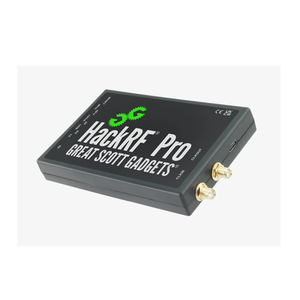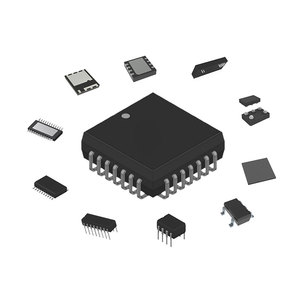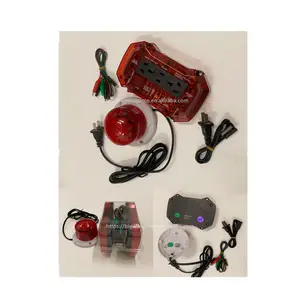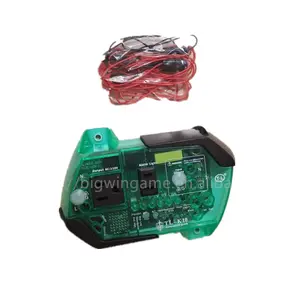Hack Device Distributor



 1/2
1/2



 1/3
1/3


 0
0

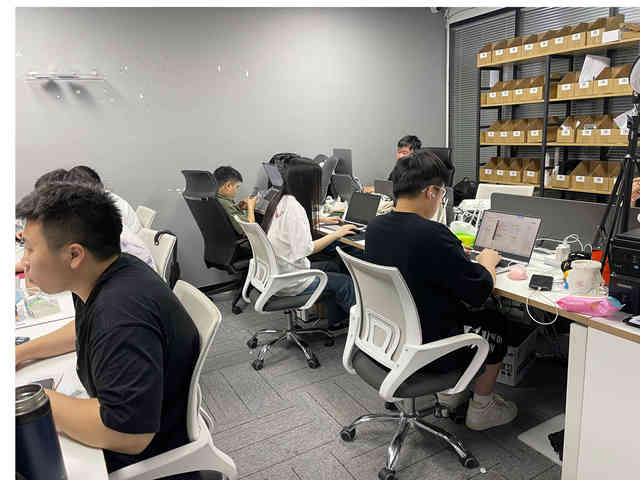

 1/3
1/3





 1/14
1/14







 1/2
1/2



 1/3
1/3



 0
0



 0
0



 1/3
1/3


 0
0




 1/2
1/2



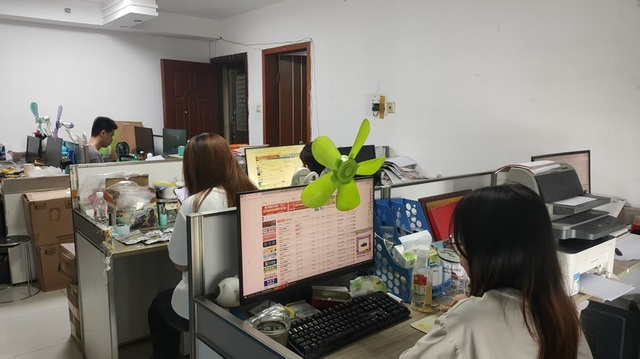

 1/2
1/2


 0
0



 1/3
1/3




 1/3
1/3





 1/21
1/21


 0
0


 0
0
About hack device distributor
Where to Find Hack Device Distributors?
China serves as a central hub for the distribution of electronic development and software-defined radio (SDR) hardware commonly associated with security research and wireless testing. Key suppliers are concentrated in Shenzhen and Shanghai, leveraging established electronics manufacturing ecosystems with access to component sourcing, rapid prototyping, and export logistics. These regions host vertically integrated supply chains that support both small-batch orders and scalable production runs.
The industrial clusters enable efficient assembly of SDR platforms such as HackRF-based transceivers, ESP32/ESP8266 development kits, and portable penetration testing devices. Suppliers benefit from proximity to semiconductor distributors, PCB fabricators, and firmware programming services, reducing lead times and enabling fast turnaround on customized configurations. Buyers gain access to flexible MOQs—often as low as one unit—and competitive pricing due to localized component procurement and streamlined labor processes.
How to Choose Hack Device Distributors?
Selecting reliable partners requires evaluating multiple operational and technical criteria:
Product Authenticity & Technical Accuracy
Verify that listed specifications match original reference designs (e.g., HackRF One operating range: 1MHz–6GHz). Cross-check firmware compatibility, clock accuracy, and RF performance metrics. For security-focused tools like DSTIKE Deauther or Flipper Zero clones, confirm open-source community support and update availability.
Production and Customization Capability
Assess supplier capacity based on product diversity and customization options:
- Offerings should include assembled units, bare boards, or configurable firmware variants
- Evidence of in-house testing procedures for signal integrity and power stability
- Support for branding modifications (e.g., logo, packaging, preloaded scripts)
Suppliers with broader IC and module portfolios—such as those listing thousands of active components—demonstrate deeper integration into electronics distribution networks, enhancing reliability for long-term procurement.
Transaction Reliability Metrics
Prioritize suppliers with verifiable performance data:
- On-time delivery rates exceeding 90%
- Response times under 5 hours
- Reorder rates above 15% indicating customer retention
Analyze order history and revenue indicators where available. Higher online transaction volumes suggest consistent output and service maturity. Use incremental ordering strategies to validate quality before scaling.
What Are the Best Hack Device Distributors?
| Company Name | Main Products (Listings) | Price Range (USD) | Min. Order | On-Time Delivery | Response Time | Reorder Rate | Online Revenue |
|---|---|---|---|---|---|---|---|
| Shenzhen Shuolong Electronic Co., Ltd. | Microcontrollers, FPGAs, Dev Boards (483+) | $126–$160 | 1 piece | 92% | ≤3h | 15% | $70,000+ |
| Shenzhen Wisdtech Technology Co., Ltd. | Other ICs, Specialized ICs (770k+) | $0.06–$0.50 | 3,000 pieces | 100% | ≤5h | 17% | $110,000+ |
| Shenzhen rongxingtong Electronics Co., Ltd | Development Boards, ICs (142+) | $41–$392 | 1 piece | 93% | ≤2h | 18% | $30,000+ |
| Shanghai Xuanxin Technology Co., Ltd. | Dev Boards, Robotics Kits (1,155+) | $24–$740 | 1 piece | 90% | ≤4h | <15% | $30,000+ |
| Shenzhen Tianzhongtian Trading Co., Ltd. | Customizable SDR Devices | $126–$204 | 1 set | 93% | ≤3h | <15% | $400,000+ |
Performance Analysis
Shenzhen Wisdtech stands out for high-volume component distribution with perfect on-time delivery, though its offerings focus on IC-level parts rather than complete devices. For fully assembled hacking tools, Shenzhen rongxingtong and Shenzhen Shuolong offer balanced pricing and responsiveness, with reorder rates of 18% and 15% respectively, indicating moderate buyer satisfaction. Shenzhen Tianzhongtian leads in transaction volume ($400,000+), suggesting strong market presence and scalability for bulk orders, supported by customization capabilities including firmware and labeling adjustments.
Suppliers offering single-unit MOQs cater effectively to developers, researchers, and educational users, while high-volume IC distributors serve integrators building proprietary systems. Price dispersion—from $24 modules to $740 premium units—reflects variation in build quality, shielding, and included accessories. Buyers should prioritize suppliers with documented testing protocols and clear technical documentation to mitigate risk of non-functional units.
FAQs
How to verify hack device distributor reliability?
Cross-reference product specifications with open-source project repositories (e.g., Great Scott Gadgets for HackRF). Request evidence of functional testing, such as spectrum output logs or firmware version reports. Evaluate communication clarity and technical depth in responses to pre-sale inquiries.
What is the typical lead time for sample orders?
Most suppliers ship ready-to-assemble or pre-flashed units within 3–7 business days after payment confirmation. International delivery adds 7–14 days via standard express carriers. Complex custom builds may require up to 21 days depending on firmware configuration and component availability.
Can these distributors handle global shipping?
Yes, all listed suppliers support international transactions. Confirm Incoterm preferences (e.g., FOB Shenzhen, EXW) and ensure compliance with destination-country regulations regarding RF transmission equipment. Some markets may require import permits for SDR devices capable of wideband scanning.
Do suppliers offer free samples?
Free samples are uncommon due to product value. Sample costs typically apply but may be credited toward future bulk purchases. Discounts often begin at 5–10 units, with steeper reductions for orders exceeding 50 units.
How to initiate customization requests?
Submit detailed requirements including desired MCU platform (ESP32, STM32, etc.), display type, battery specs, and preloaded functionalities (e.g., deauthentication attacks, BLE spoofing). Suppliers with stated customization options can adjust casing, color, branding, and boot scripts. Prototype delivery usually follows within 2–3 weeks after design approval.









